Description
Pollination Services Importance
Honey bee pollination services Importance refer to the practice of using managed honey bee colonies to assist in the pollination of crops, orchards, and gardens. Honey bees are among the most effective pollinators and play a crucial role in the reproduction of many plants, including numerous fruits, vegetables, and nuts. Here’s an overview of honey bee pollination services:
1. Importance of Honey Bee Pollination:
Crop Yield: Many crops depend on pollinators like honey bees for fertilization. Adequate pollination leads to higher crop yields and better-quality produce.
Crop Diversity: Honey bees contribute to the diversity of our diets by pollinating a wide range of crops, including fruits, vegetables, nuts, and oilseeds.
Economic Value: The economic value of honey bee pollination services is significant, with billions of dollars’ worth of crops depending on honey bee activity each year.
2. Role of Honey Bees in Pollination:
Efficiency: Honey bees are efficient pollinators because they visit flowers in search of nectar and pollen, transferring pollen from one flower to another in the process.
Foraging Behavior: Honey bees exhibit a high degree of flower fidelity, meaning they tend to visit the same type of flower on a foraging trip, increasing the chances of pollination within a plant species.
Constant Activity: Honey bees are active pollinators throughout the day, visiting flowers consistently and effectively.
3. Honey Bee Pollination Services:
Rental Services: Many farmers and orchard owners rent honey bee colonies from beekeepers to ensure adequate pollination during the flowering season.
Pollination Contracts: Beekeepers and farmers may enter into pollination contracts specifying the terms of the service, such as the number of colonies needed, the duration of the service, and payment arrangements.
Bee Management: Beekeepers are responsible for managing the health and strength of their bee colonies to ensure they are effective pollinators.
Transportation: Beekeepers transport honey bee colonies to agricultural fields or orchards during the flowering period of crops.
4. Benefits of Honey Bee Pollination Services:
Increased Crop Yields: Honey bee pollination can significantly boost crop yields, resulting in larger harvests.
Improved Crop Quality: Proper pollination often leads to better-quality fruits and vegetables, with more uniform size and shape.
Economic Gains: Farmers can command higher prices for crops that benefit from honey bee pollination, and beekeepers can generate income from renting their colonies.
5. Challenges and Concerns:
Pollinator Health: The health of honey bee colonies is essential for effective pollination. Pesticides, parasites, and habitat loss are some of the factors that can negatively impact honey bee health.
Colony Collapse Disorder (CCD): CCD is a phenomenon where entire honey bee colonies inexplicably die off. Research into its causes and prevention is ongoing.
Pesticide Use: The use of certain pesticides can harm honey bees. Integrated pest management (IPM) practices aim to minimize pesticide exposure to pollinators.
6. Sustainability and Conservation:
Bee-Friendly Farming: Sustainable farming practices include providing habitat and forage for pollinators, reducing pesticide use, and supporting local beekeepers.
Research and Education: Ongoing research into bee health and pollinator-friendly practices is essential to safeguarding honey bee populations and pollination services.
Honey bee pollination services are critical for agriculture, ensuring the continued productivity and diversity of our food supply. Protecting honey bee populations and their habitats is vital for the long-term sustainability of this service and for maintaining the health of ecosystems and economies around the world.

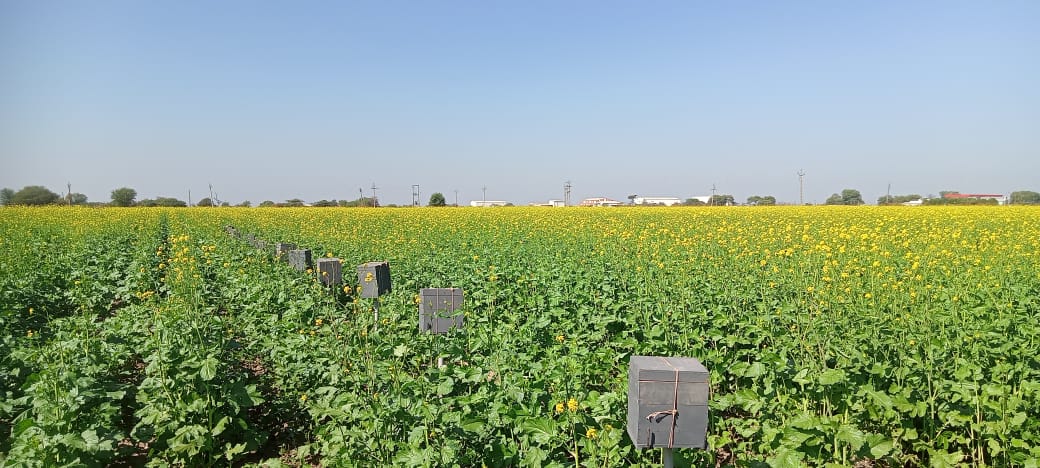
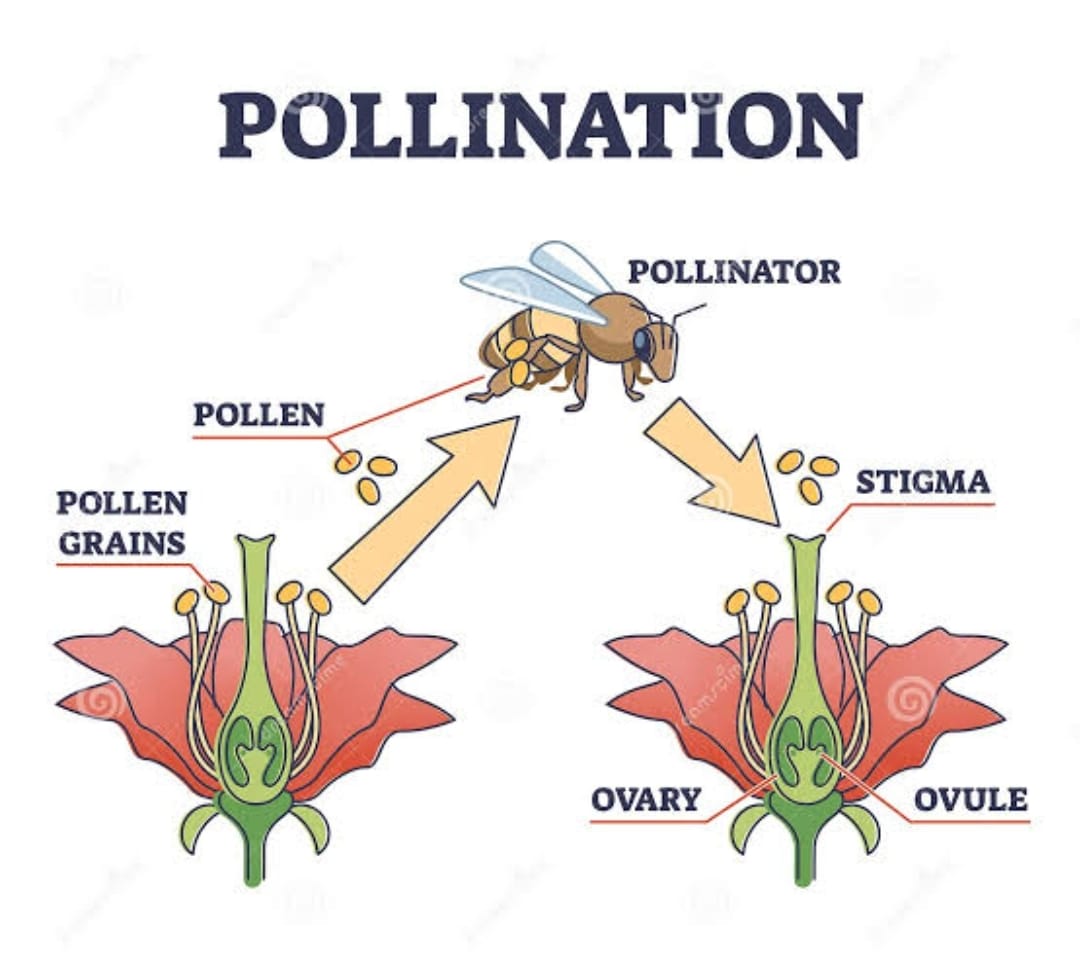
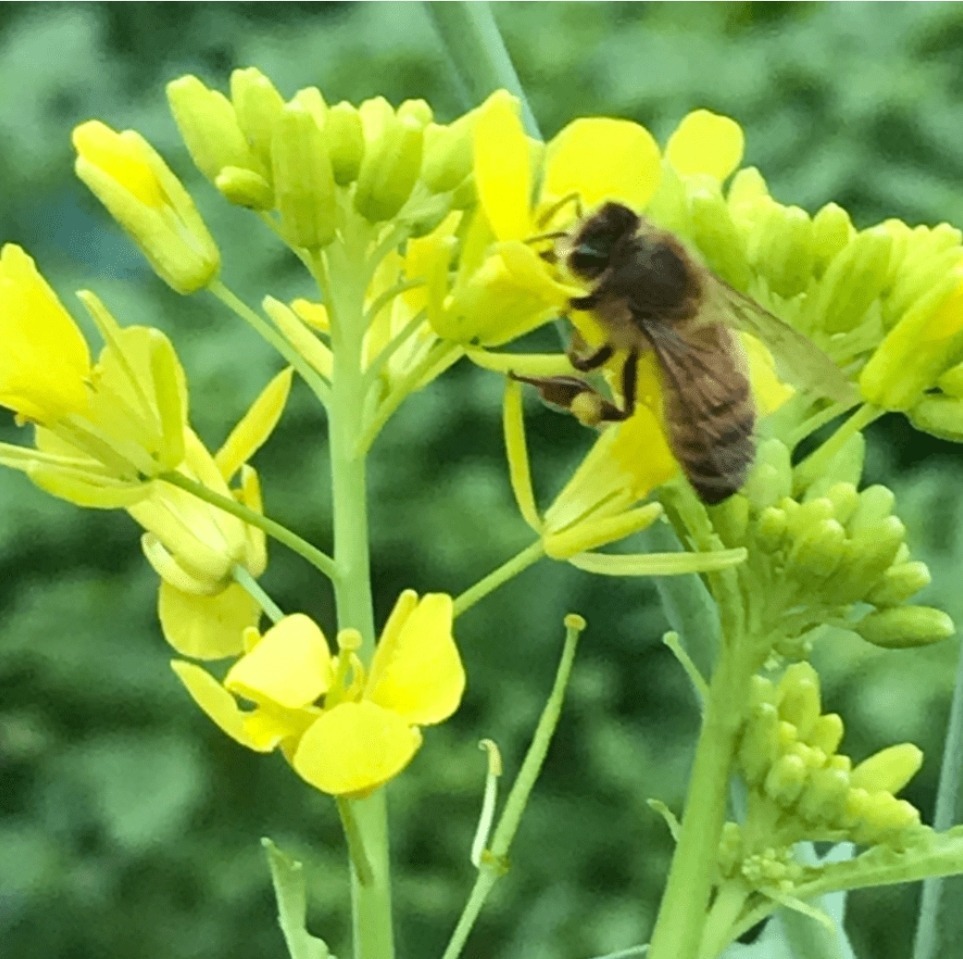
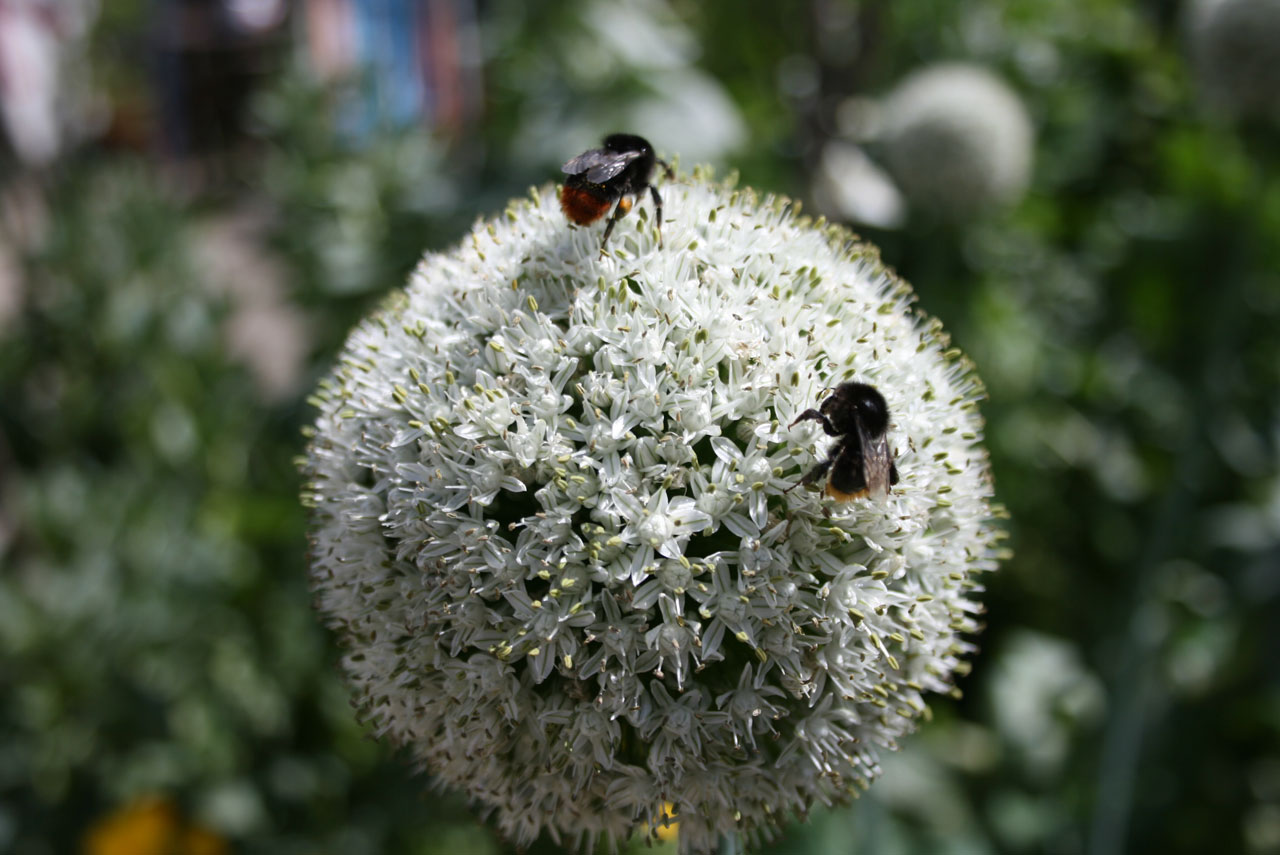
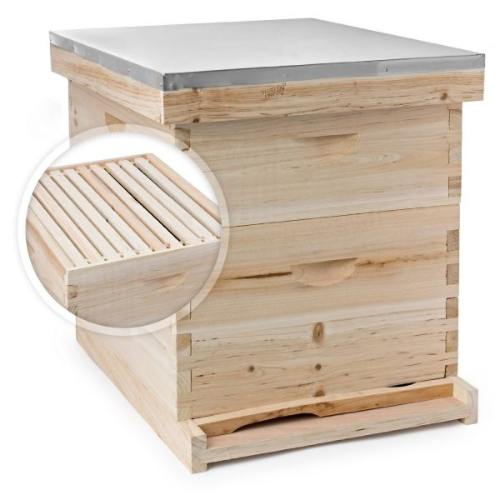
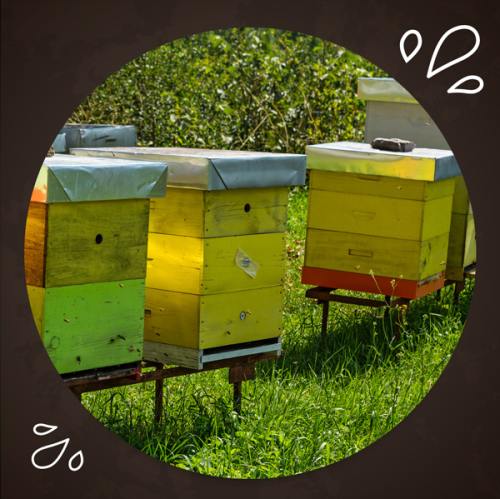
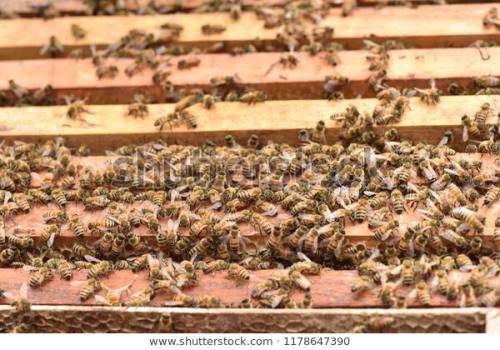
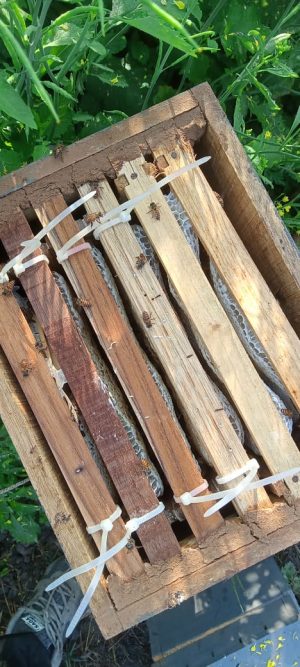
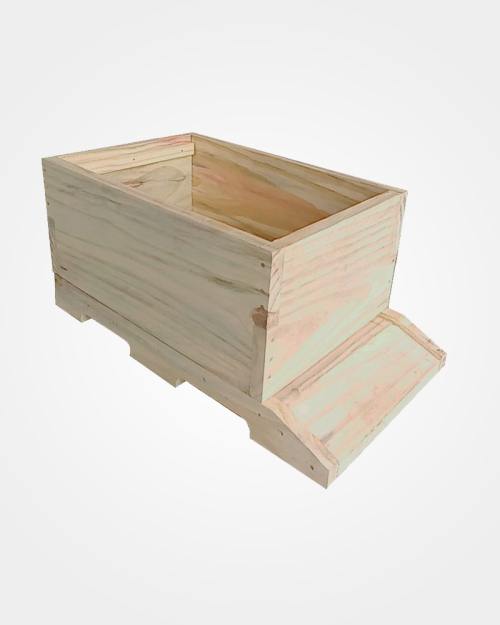
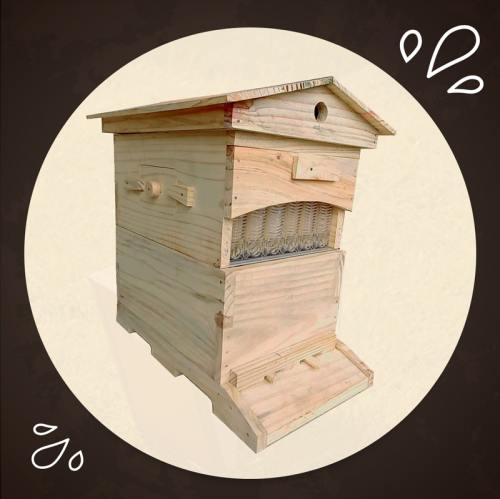
Reviews
There are no reviews yet.